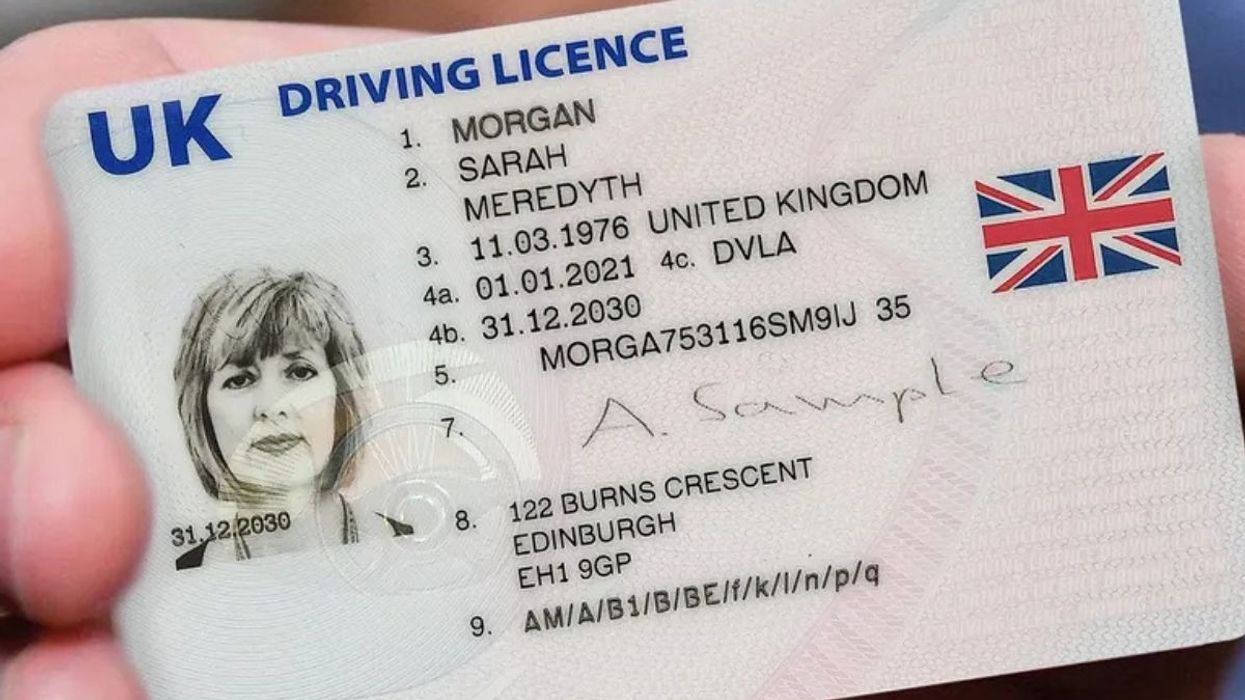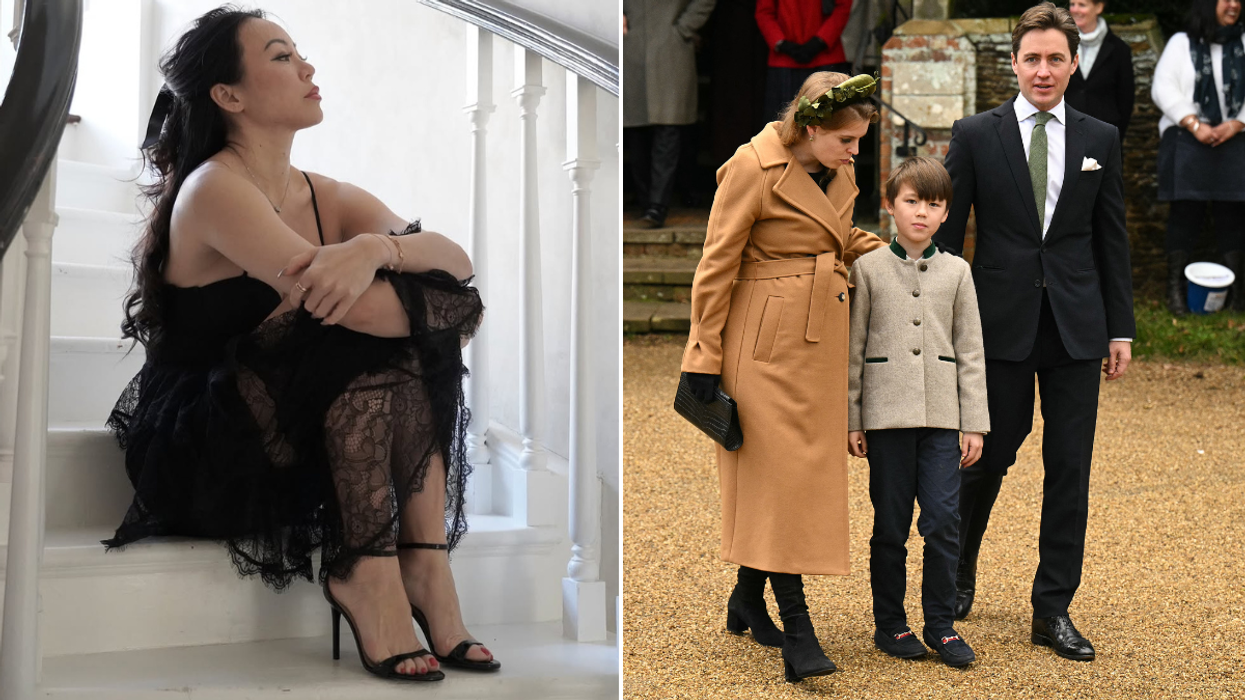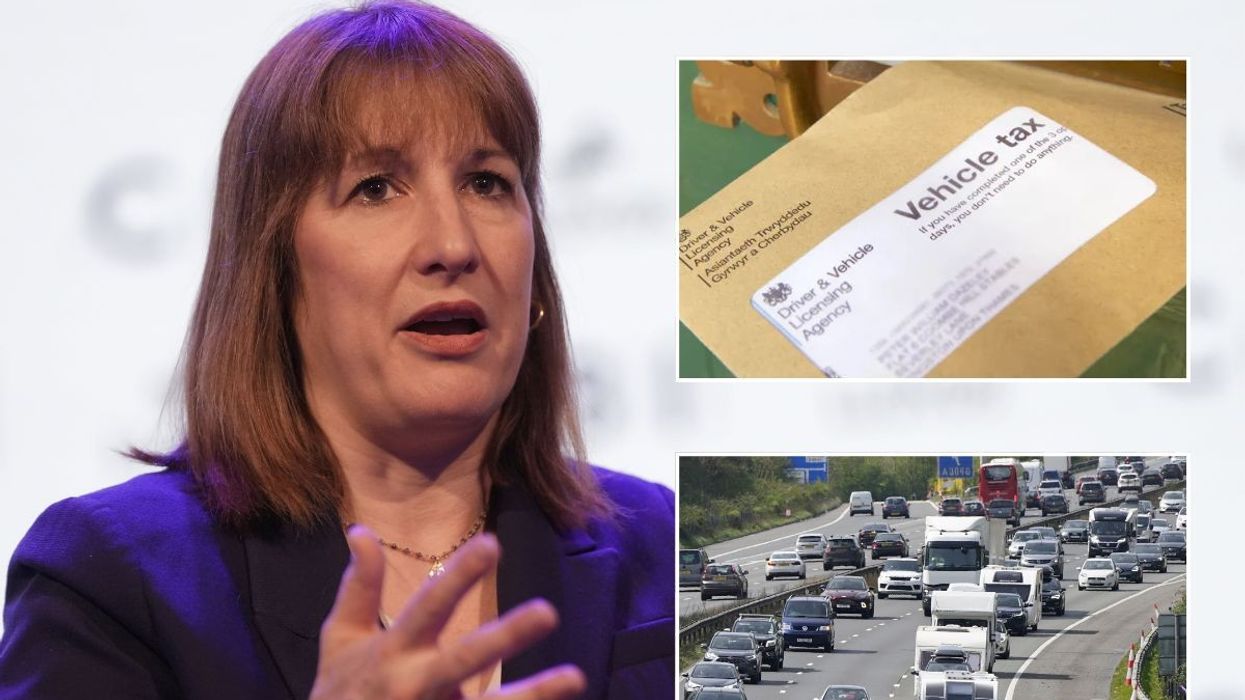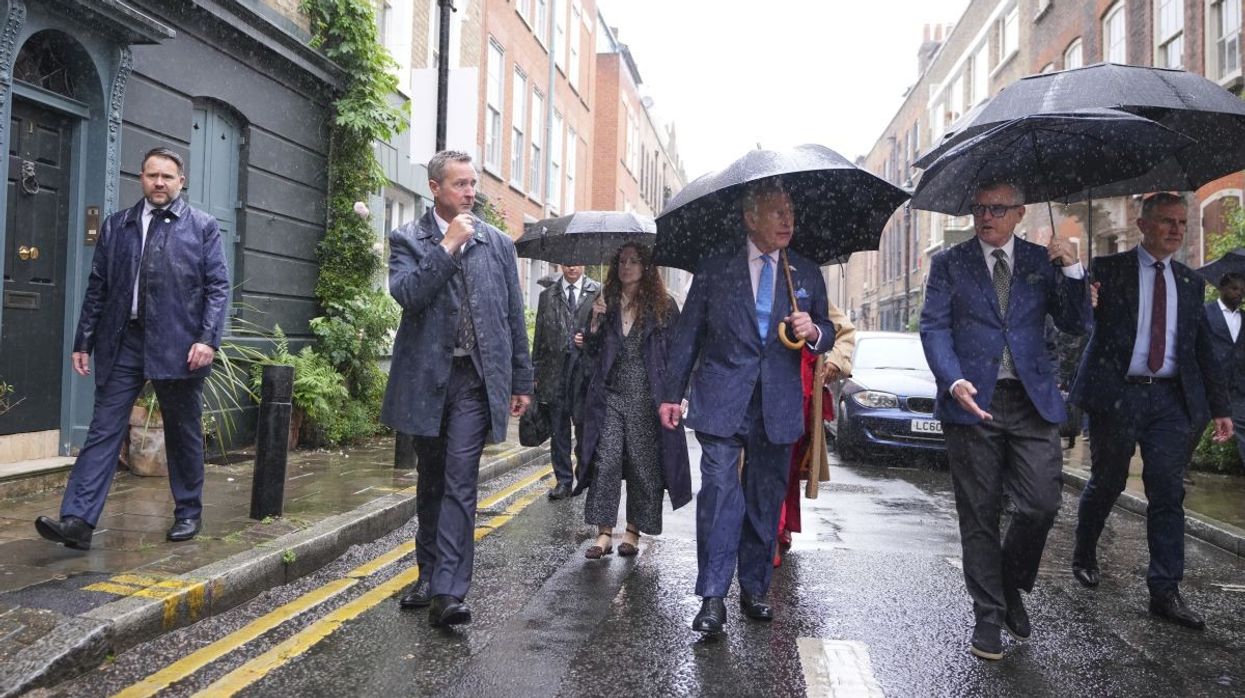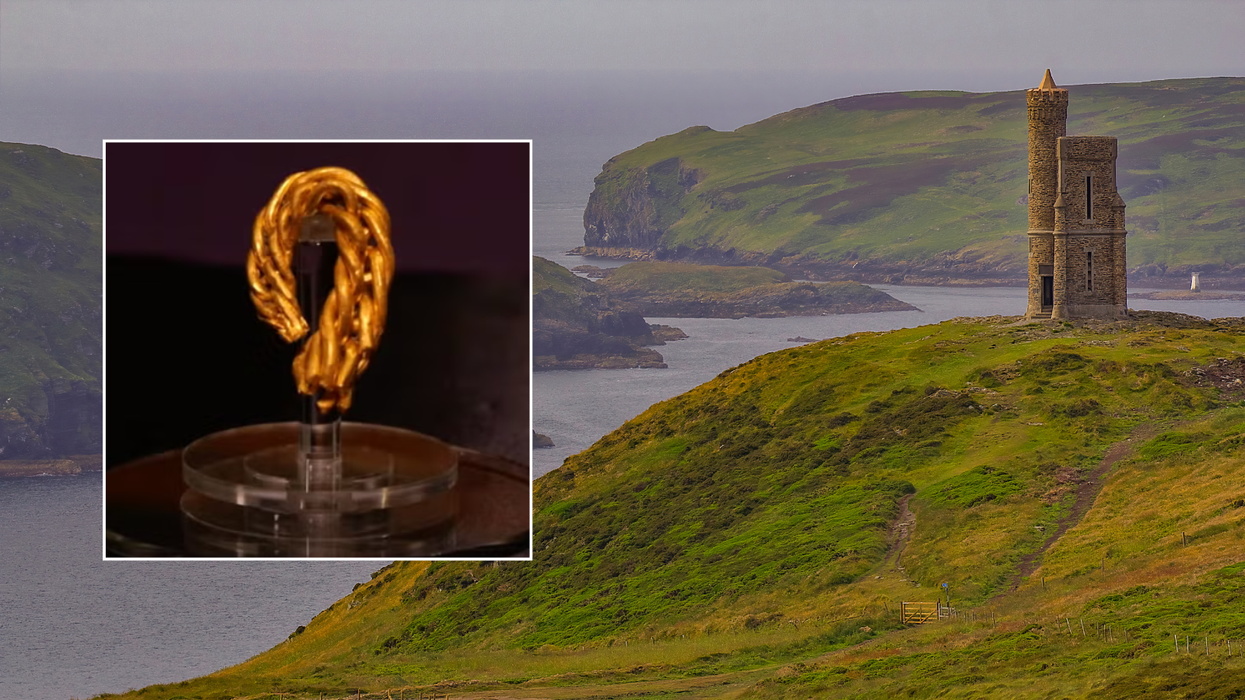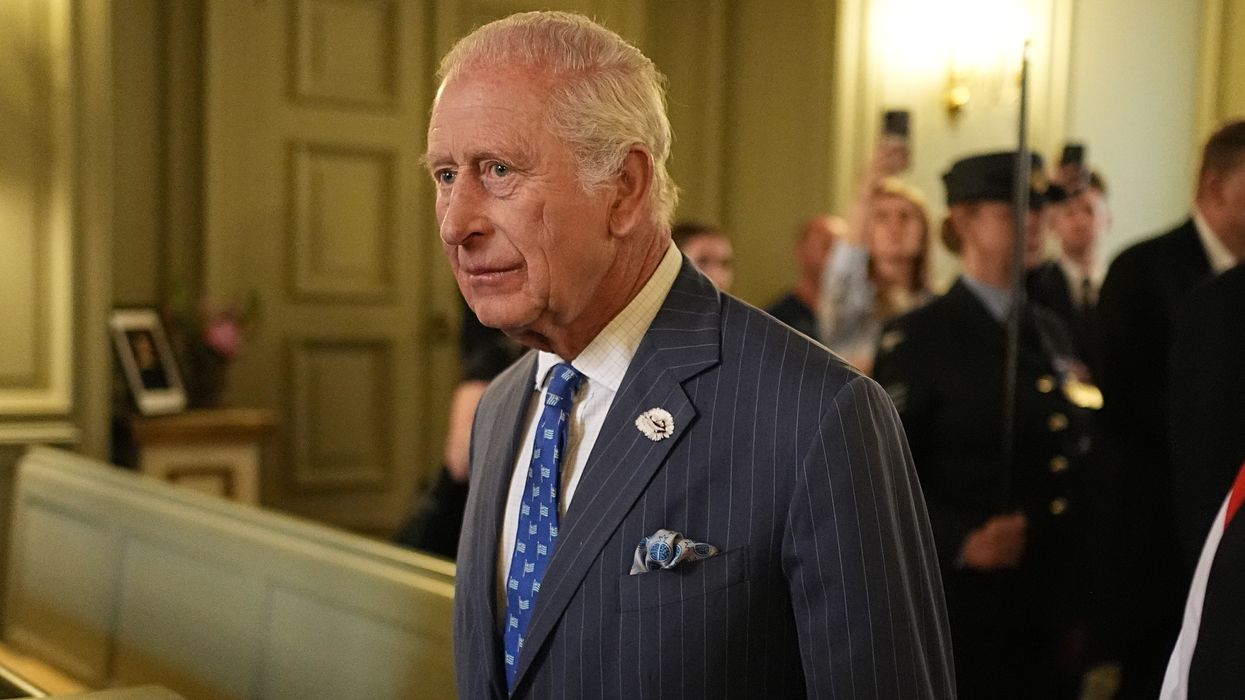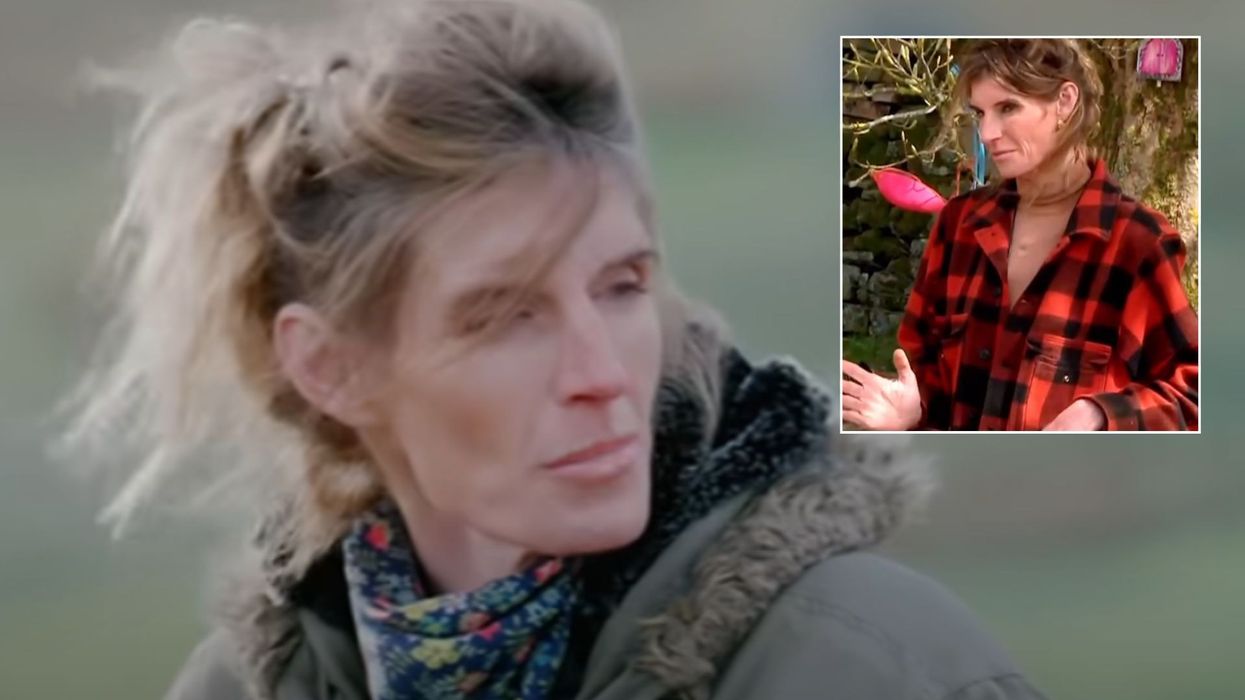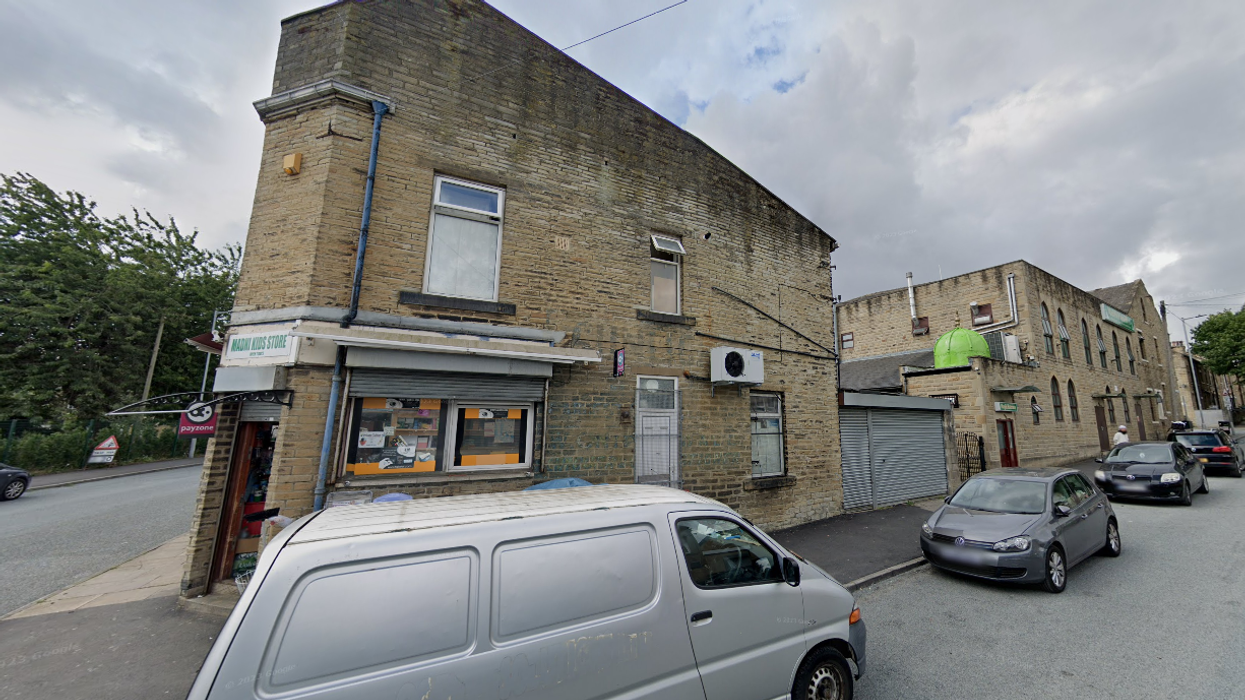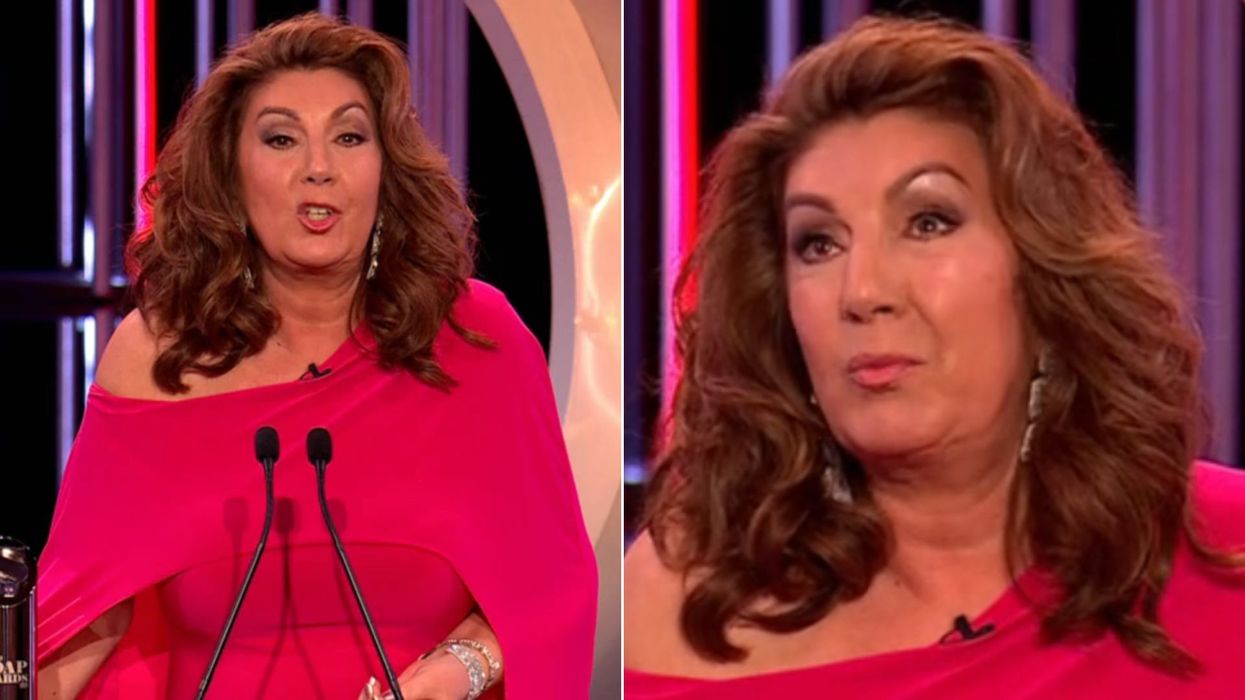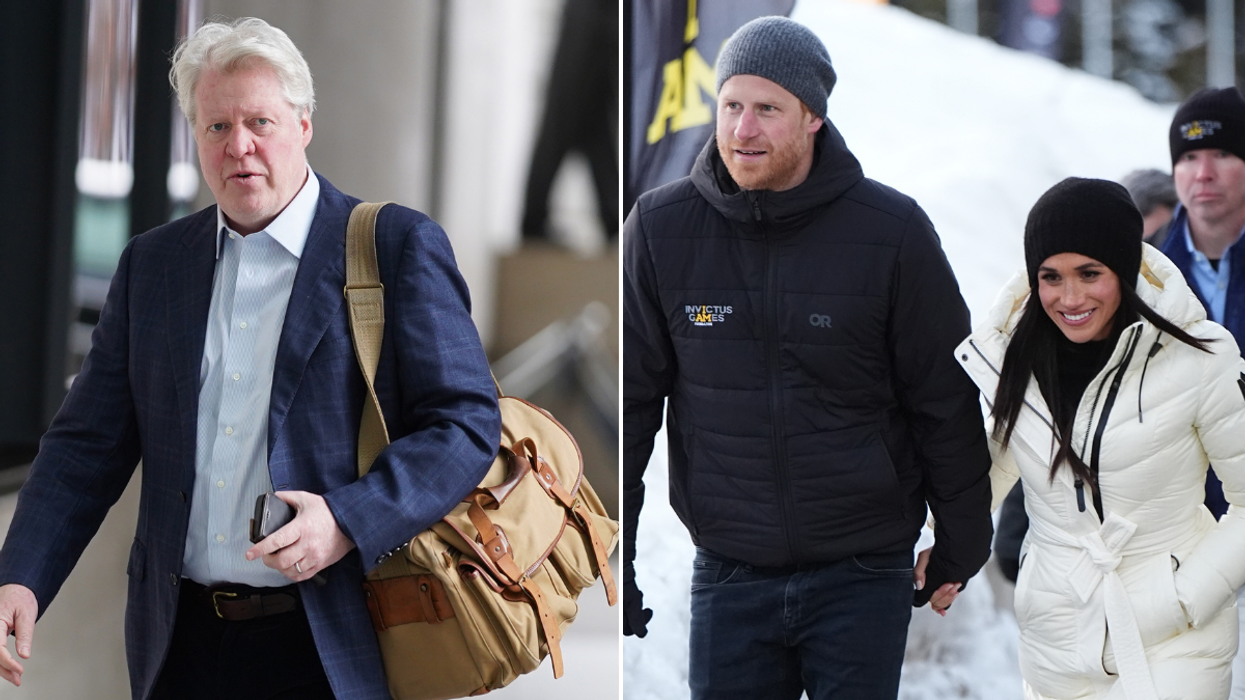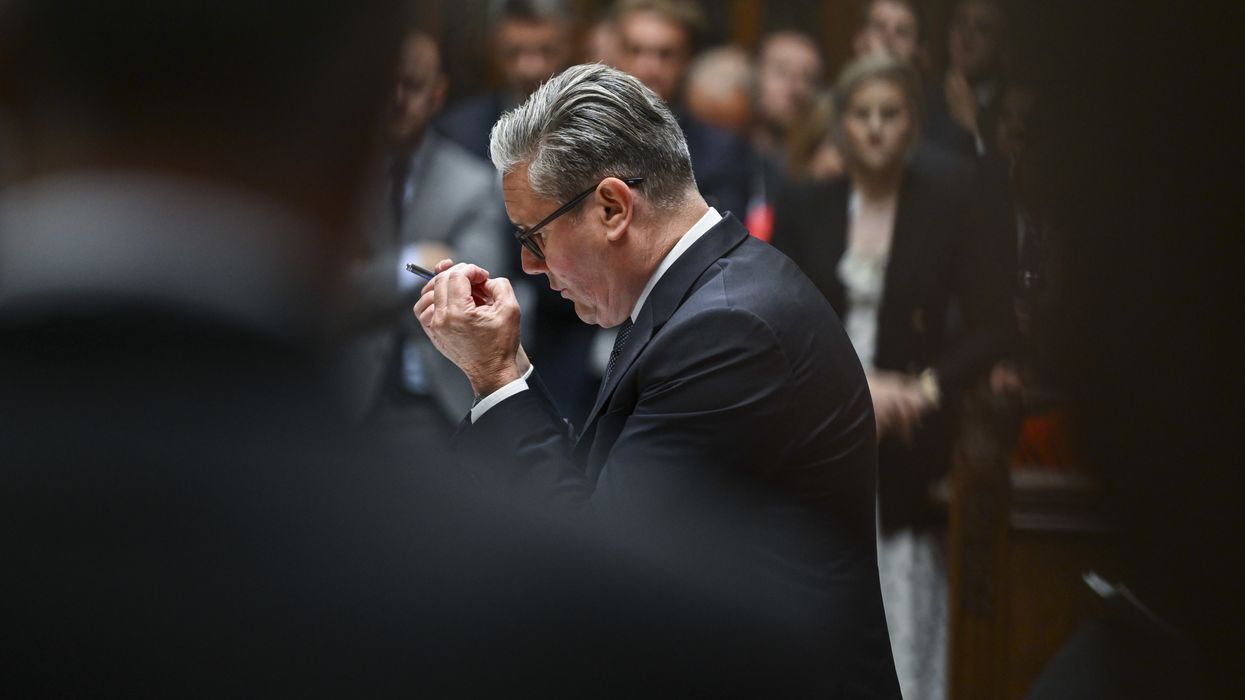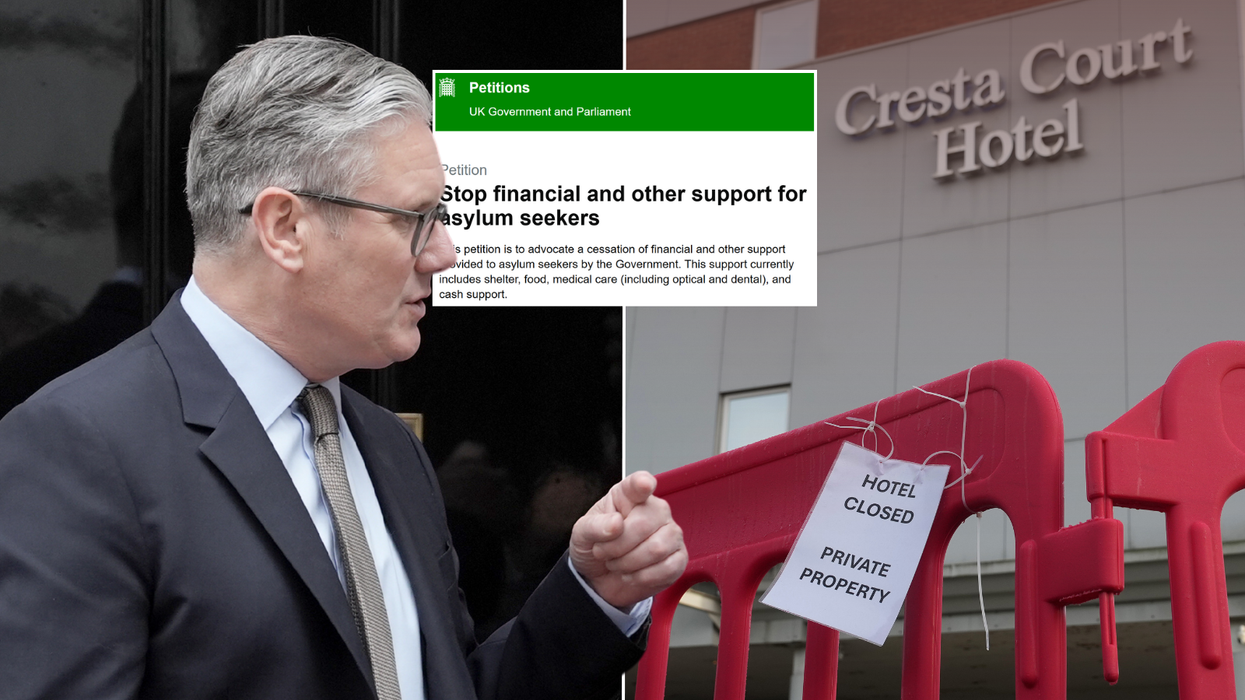The ruling has sparked shock and anger in the LGBTQ community
Don't Miss
Most Read
Activists supporting same-sex marriage in the Cayman Islands and Bermuda have received a heavy blow following a ruling by a top appeals court in London.
The UK's Privy Council, which serves as the final court of appeal for several islands in the Caribbean, sided with the government of Bermuda, which had fought a local Supreme Court’s decision to allow gay marriage.
The Privy Council also ruled that gay people do not have the right to marry in the Cayman Islands based on its constitution.
Leonardo Raznovich, a lawyer representing a gay couple seeking to get married in the Cayman Islands, said: “I’m in shock.
“The decision is an affront to human dignity.”
Caribbean activists had hoped for a favourable ruling to help sway public opinion in a largely conservative region where colonial anti-sodomy laws remain on the books and same-sex marriage is rarely considered a right.
Billie Bryan, founder and president of Colours Cayman, a non-profit advocacy group for the LGBTQ community, said: “It’s taken us some time to get here… We’ve had to jump over a few hurdles. It would definitely act as a beacon of hope for the entire region.
“The Privy Council has done nothing more, by its decision, than reassert the oppressive political environment of yesteryear.”
One of five judges in the Bermuda case dissented.
In its judgment, the Privy Council acknowledged that the historical background of marriage is “one of the stigmatisation, denigration and victimisation of gay people, and that the restriction of marriage to opposite-sex couples may create among gay people a sense of exclusion and stigma”.
But it said “international instruments and other countries’ constitutions cannot be used to read into (Bermuda’s constitution) a right to the legal recognition of same-sex marriage”.
The ruling was unanimous in the Cayman Islands case, with judges writing that “the effect of the board’s interpretation is that this is a matter of choice for the legislative assembly rather than a right laid down in the constitution”.
The Cayman Islands case reached the Privy Council after two women – Chantelle Day and Vickie Bodden Bush – were denied a marriage licence in 2018.
The couple, who recently adopted a daughter, went to court, and in March 2019, the Cayman Grand Court ruled in their favour after stating that the denial violated the law.
Months later, a local appeals court overturned the decision, stating that the Cayman constitution does not allow for same-sex marriage.
But it ordered the government to provide the women with a legal status equivalent to marriage.
That did not happen, Mr Raznovich said, so the legal team sought a ruling from the Privy Council in London.
The case has riled some in the Cayman Islands, where several legislators accused of being homophobic sought to have Mr Raznovich deported several years ago given his involvement in the case.
While the British territory of nearly 70,000 people is considered to be socially conservative, Mr Raznovich noted that the premier gave a speech last year during the gay pride parade.
He said: “(It) was historical. That has to be highlighted as a great step in the right direction.”
He and Mr Bryan noted that much work remains to be done, and that the premier’s actions were not necessarily representative of the island’s government.
Mr Bryan said: “I think people are more receptive to what we’re trying to achieve, but there’s still a lot of stigma.”
Meanwhile, the case in Bermuda reached the Privy Council as a result of the government fighting local court rulings that upheld the legalisation of same-sex marriages.
In May 2017, the island’s Supreme Court ruled that they were legal, but the party that won the general election months later rejected that ruling and allowed only domestic partnerships.
One senator said during the debate at the time: “Society largely does not support same-sex marriage nor is it prepared to accept it at this time.”
The issue bounced through various courts until it reached the Privy Council.









